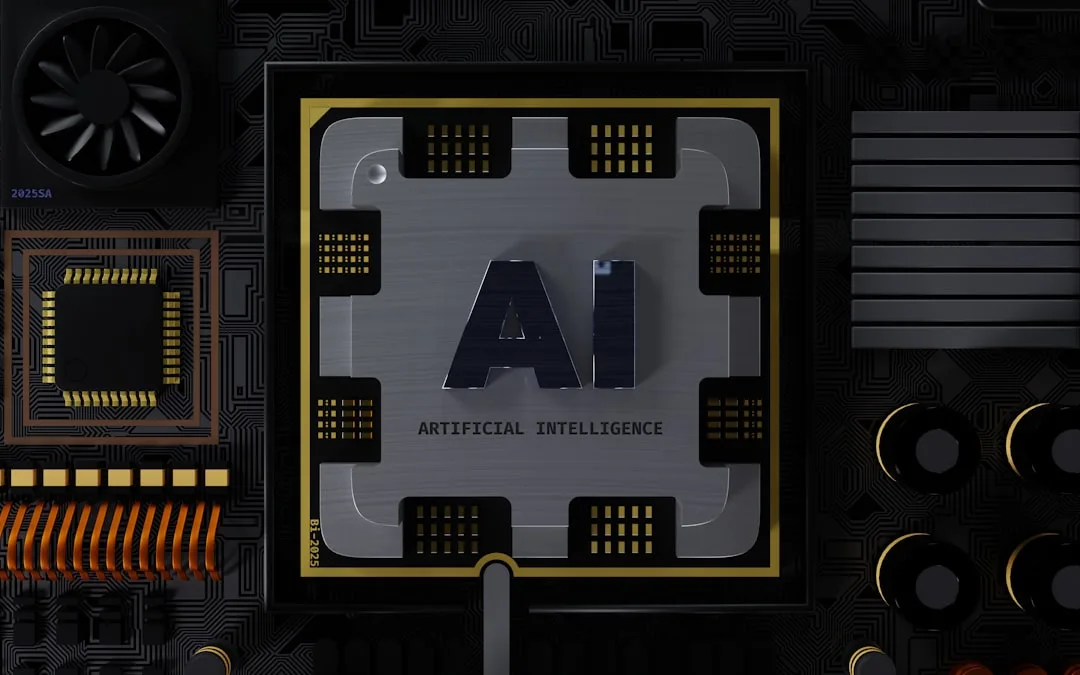
Newsletter Subscribe
Enter your email address below and subscribe to our newsletter

Enter your email address below and subscribe to our newsletter

AI Revolution: Transforming Everyday Tech and Beyond
The AI revolution is not just a buzzword—it’s a seismic shift that’s redefining how we interact with technology in our daily lives and reshaping industries from the ground up. From smart assistants to autonomous vehicles, the ripple effects of AI advancements are profound and far-reaching.
Prominent tech giants like OpenAI, Google, and Microsoft are at the forefront of AI research and development. OpenAI, known for its groundbreaking work on natural language processing with models like GPT-3 and GPT-4, has set high benchmarks for conversational AI. Google, leveraging its vast data and computing power, continues to advance AI in search algorithms, machine learning, and healthcare applications. Meanwhile, Microsoft is expanding its AI capabilities through its Azure platform, making AI accessible to businesses worldwide.
Startups, too, are playing a critical role. Companies like UiPath and DataRobot are innovating in process automation and predictive analytics, respectively. Startups are often more agile, allowing them to quickly develop niche applications that solve specific problems, thereby accelerating the AI revolution.
AI is altering the landscape for developers, who must now learn new tools and frameworks like TensorFlow and PyTorch to stay relevant. The demand for skills in machine learning and AI development is surging, with platforms like GitHub Copilot providing AI-powered coding assistance. This shift necessitates continuous learning and adaptation, as developers must integrate AI into existing tech stacks and innovate new solutions.
Startups are uniquely positioned to capitalize on AI’s potential. By integrating AI into their core operations, startups can automate routine tasks, gain insights from big data, and improve customer experiences. For example, AI-driven analytics tools allow startups to make data-backed decisions quickly, a vital capability in fast-paced markets.
Large enterprises are deploying AI to optimize operations and enhance customer engagement. In retail, AI is used to predict consumer behavior and manage inventory. In finance, AI algorithms detect fraudulent transactions and assess credit risks. Enterprises must balance innovation with ethical considerations, ensuring AI systems are transparent and fair.
As AI integrates deeper into society, ethical and social considerations become paramount. Issues of bias in AI algorithms and potential job displacement are significant concerns. Companies must prioritize ethical AI development, ensuring diversity in training data and transparency in AI decision-making processes.
The AI revolution is akin to the industrial revolution—a fundamental transformation in how work is performed and value is created. While the potential benefits are immense, careful management is required to minimize risks. For instance, the analogy of AI as a “double-edged sword” is apt; it can enhance productivity but also threaten privacy and job security if not handled responsibly.
AI can automate mundane tasks, allowing humans to focus on creative and strategic endeavors. However, this shift requires a societal commitment to retraining and upskilling the workforce. We must ensure that AI’s benefits are equitably distributed, avoiding a future where technological advancement exacerbates social inequalities.
Looking ahead, AI will become an inseparable part of daily technology, making devices smarter, more intuitive, and increasingly personalized. This integration will go beyond voice assistants and chatbots, permeating sectors like healthcare, where AI can predict diseases and suggest personalized treatments. However, with great power comes great responsibility. As AI systems become more autonomous, the need for ethical oversight and robust regulatory frameworks will grow.
For developers and tech enthusiasts, embracing AI is not optional—it’s essential. Start by exploring AI platforms and experimenting with machine learning models. Consider participating in open-source AI projects to gain practical experience. For businesses, investing in AI-driven solutions can provide a competitive edge.
Stay informed by following AI developments and engage with the community through forums and conferences. Test new AI features in beta releases to understand their capabilities and limitations. Finally, keep an eye on our blog for updates on AI trends and insights into how they can impact your field.
The AI revolution is here, and it’s transforming everyday tech and beyond. Embrace the change, harness its potential, and navigate the complexities with an informed and ethical approach.